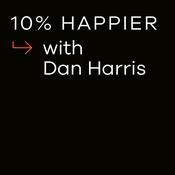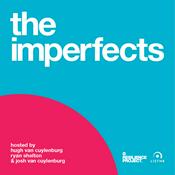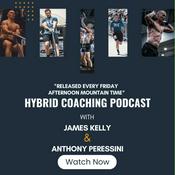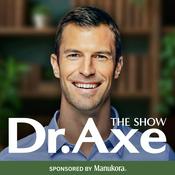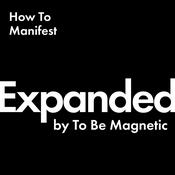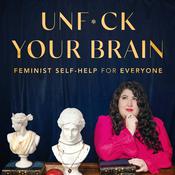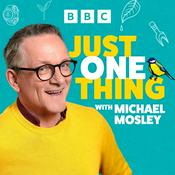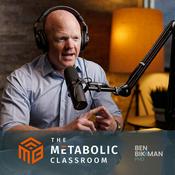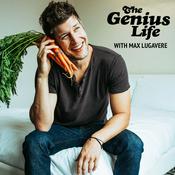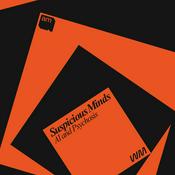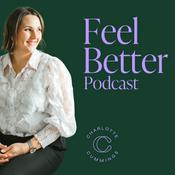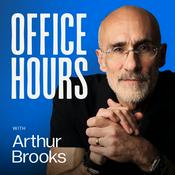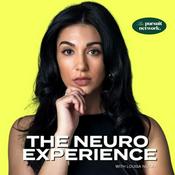176 episodes
- Sports aerodynamicist Ingmar Jungnickel joins the show to discuss AiRO, a new CFD-based aero analysis tool built for bike fitters and coaches. He outlines why traditional wind-tunnel and field-testing approaches struggle with cost, complexity, and repeatability, and explains how recent advances in computing and AI now make high-fidelity CFD practical at the fit-studio level. The discussion highlights AiRO’s emphasis on breadth of exploration—rapidly testing wide parameter ranges—rather than pursuing ever-higher fidelity in isolated conditions.
Key Points
Ingmar’s background spans wind-tunnel work, velodrome testing, CFD development, and elite projects with Specialized, the German Cycling Federation, and U.S. Speed Skating.
Conventional aero tools—wind tunnels, track testing, field testing, PIV, and ultrasonic tomography—are limited by scalability, environmental control, rider repeatability, and cost.
AiRO’s core components include:
a parametric human model fitted from simple photographs and basic anthropometrics,
a digital-twin rider posture controlled through ~18 intuitive sliders,
fast, cloud-based CFD simulations.
AiRO’s strategic focus is breadth over depth: enabling broad parameter sweeps, positional permutations, and large-scale exploration that would be infeasible in a tunnel or on a track.
Digital repeatability eliminates rider-movement noise, one of the main sources of error in physical aero testing.
Current limitations include the absence of textured-surface modelling (aero socks, advanced skinsuits) and single-yaw simulations, though both are technically feasible as compute economics improve.
Links & Resources
AiRO: https://airo.app
Contact Ingmar Jungnickel: [email protected]
AiRO Instagram: https://www.instagram.com/airo_app/ - Michael welcomes UK-based triathlon coach and data analyst Russ Cox to unpack Ironman’s major overhaul of its World Championship slot allocation system. Drawing on his 14 years of statistical modeling and 16 years of coaching experience, Russ explains how Ironman’s shift from participation-based to performance-adjusted qualification is reshaping who gets to Kona — and what that means for athletes, coaches, and the broader triathlon community.
The origins of Coach Cox’s Ironman results database and its evolution from manual HTML scraping to modern race analytics
Key environmental and geographic factors influencing Ironman course speed (heat, humidity, elevation, wind, road surface)
The 2024–25 transition from the legacy slot allocation system to Ironman’s new performance-adjusted ranking model
How adjustment factors are derived from the top 20 % of Kona finishers by age group
Implications of a single combined men’s/women’s pool and early evidence of gender and age-group skew
Why 50–54-year-old men have disproportionately benefited, and how that may (or may not!) self-correct over time
Effects on athlete race choice, qualification strategy, and how coaches can advise under the new framework
Practical guidance on interpreting adjusted times and using Russ’s online tools to benchmark Kona qualification potential.
Coach Cox Website – Ironman Stats & Qualification Tools
Coach Russ Cox on Instagram
Ironman Rules for Qualifying - This week, Michael welcomes Jamie Pugh, co-founder of EXO Analytics and senior lecturer at Liverpool John Moores University. Jamie’s research focuses on carbohydrate metabolism and the role of gut function during endurance exercise. The conversation explores the novel means that EXO Analytics brings lab-grade carbohydrate oxidation testing to athletes, the physiological insights behind carb intake, and the practical implications for fueling strategies in training and racing.
Key Takeaways
What EXO Analytics Measures: EXO tests how much of the carbohydrate an athlete consumes during exercise is actually used by the muscles, using stable-isotope tracers and indirect calorimetry.
Why It Matters: Understanding exogenous carbohydrate oxidation helps athletes personalize fueling to avoid both under-fueling and gastrointestinal distress.
Individual Variation Is Wide: Even among trained athletes, optimal carbohydrate use ranges from about 60 to 120 grams per hour, with little correlation to performance level.
Gut Training & Adaptation: While athletes can improve tolerance to carbohydrate intake, current evidence doesn’t confirm that “gut training” increases absorption efficiency—though it likely improves comfort and logistics.
Beyond the Lab: EXO’s home-testing kit combines breath sampling and portable metabolic measurement, offering a simplified way for athletes to assess real-world fueling capacity.
To learn more, visit exoanalytics.co.uk or follow Jamie on Instagram at @jamiepughperformance. - This week, we welcome Joe Staunton, owner of Ceyrest Performance, a coaching and sport consulting company. Joe, with a background in archaeology and anthropology, offers a unique perspective on endurance sports, decision-making, and the evolving role of coaching. The conversation covers how evolutionary traits influence modern choices, the impact of information overload, and the practical application of data and AI in athletic training.
Evolutionary Context of Decision-Making: Human biology has remained largely unchanged for tens of thousands of years, while society has rapidly evolved. Our capacity for shared knowledge and cooperation is a key evolutionary advantage.
Mismatch Theory and Modern Challenges: We face issues because we live in environments unfamiliar to our evolutionary adaptations, such as constant information consumption and altered living patterns, impacting well-being and decision-making.
Simplicity in Training & Nutrition: A core principle for both training and nutrition is simplicity. Focusing on fundamental elements, such as uncomplicate workouts and correct, periodized fueling is often more impactful than complex strategies.
AI's Role in Coaching: AI is transforming coaching by automating data analysis, allowing coaches to prioritize the human element of their work—building relationships, providing guidance, and fostering intrinsic motivation.
To learn more, follow Joe on Instagram. - Sam Barley, a bike fitter, aero tester for Body Rocket and triathlon coach is on the show to discuss aerodynamic testing and how it shapes bike fit. He shares how he moved from traditional bike fitting to aero-guided fit. Sam reveals surprising findings from testing top athletes, showing that what looks fast isn't always best and that real-world aero gains can differ from expectations. The conversation also covers how athletes balance getting more aero with staying comfortable and powerful for races on varied terrain.
Key Takeaways
Aero Testing is Key: Sam uses tools like Body Rocket for precise aerodynamic measurement.
Surprising Results: Testing shows that sometimes higher positions are faster, and typical aero gear might offer smaller gains than expected.
Comfort vs. Speed: It's vital to find an aero position that a rider can maintain comfortably and powerfully throughout a race.
Race-Specific Setup: Elite athletes adjust their aero positions based on specific race courses and demands, not just one "fastest" setup.
Practical Advice: For better aerodynamics, focus on your bike's adjustability and integrate hydration/nutrition into your aero setup during training.
Give Sam a follow on Instagram: fittedbysam
The study on the aero impact of shuffling by Callum Barnes.
More Health & Wellness podcasts
Trending Health & Wellness podcasts
About Endurance Innovation
Endurance Innovation examines the technology, science, and engineering shaping modern endurance sport. Each episode features a focused conversation with researchers, coaches, and industry practitioners working in areas such as cycling aerodynamics, triathlon equipment, performance modeling, training science, biomechanics, and data analysis.Rather than speculation or trend-driven commentary, the show emphasizes evidence-based methods and practical applications for athletes and coaches across cycling, triathlon, and other long-course disciplines. Topics include aerodynamic testing, cooling, running and cycling performance, endurance nutrition, training strategies, and the tools that support both high-performance and age-group athletes.New episodes are released periodically.
Podcast websiteListen to Endurance Innovation, ZOE Science & Nutrition and many other podcasts from around the world with the radio.net app
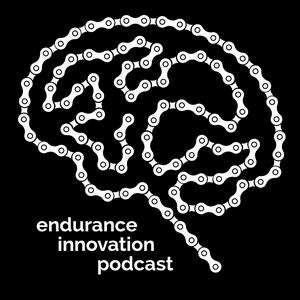
Get the free radio.net app
- Stations and podcasts to bookmark
- Stream via Wi-Fi or Bluetooth
- Supports Carplay & Android Auto
- Many other app features
Get the free radio.net app
- Stations and podcasts to bookmark
- Stream via Wi-Fi or Bluetooth
- Supports Carplay & Android Auto
- Many other app features


Endurance Innovation
Scan code,
download the app,
start listening.
download the app,
start listening.








